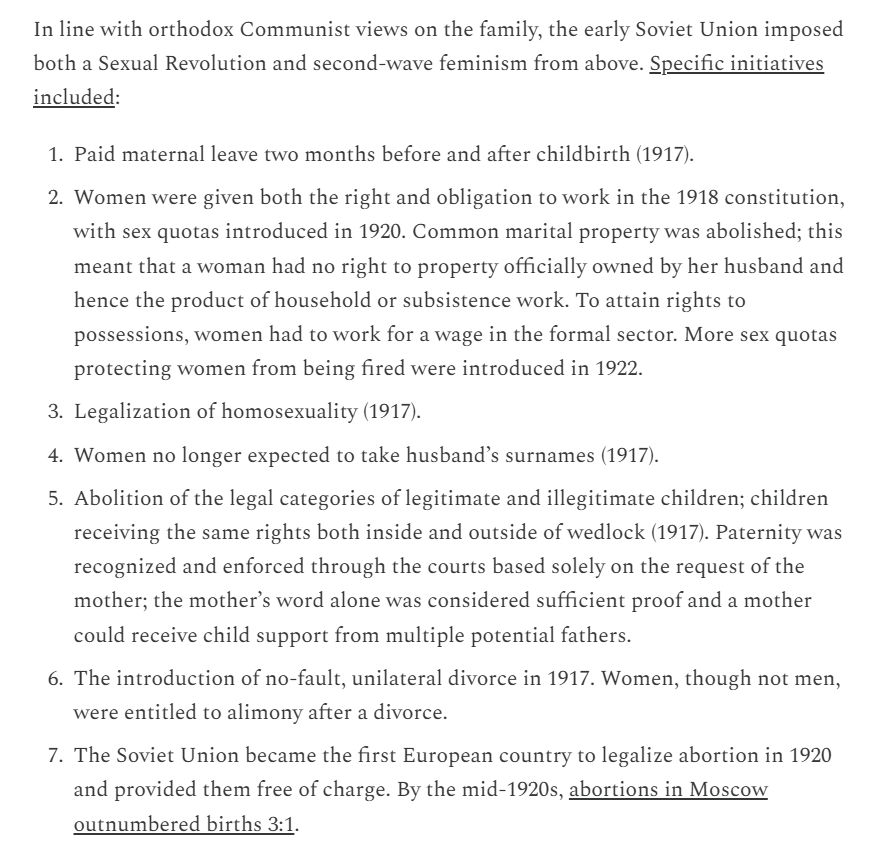VII. The Metaphysics Conspiracy
The Eternal Atheist Philosopher Conspiracy
Let’s review some of what we’ve covered already and shore up some earlier claims I made about the Greek philosophers and their agenda.
Our metaphysics caper began with Plato and his scheming.
Plato advocated for the following in his written work:
Creating a utopian society based on a Noble Lie
A ruling class of priests that are not allowed to reproduce that recruits young boys into their ranks to replenish themselves
Banning families, giving women rights, destroying patriarchy
A secret ideological police dedicated to rooting out dissent
Destroying history (Day Zero)
Banning most forms of paganism, including the old myths and stories
Copying Sparta’s dystopian model, essentially
Plato has been used as a blueprint by Utopian social engineers since then.
Next, we connected Plato to the writing of the Septuagint several centuries later in Alexandria by the Platonic Academy there in ±270 BC (standard chronology). And then, of course, the original Bolshevik revolutionaries were very Plato-inspired as well, and actively sought to recreate a modern Sparta. They did this by swiftly imposing brutal Feminism and Homosexualism on Russia immediately upon taking power.
Compare this with even the boilerplate knowledge that is an AI search away about Feminism in Sparta:
Spartan girls received public education, rare in the Greek world, which included physical training (running, wrestling, discus throwing) to ensure they bore healthy children for the state (Xenophon, Constitution of the Lacedaemonians, 1.4). This contrasted sharply with Athenian women, who were largely confined to domestic roles and received little formal education.
Spartan women could inherit and control property, especially land, due to the absence of men who were often away at war or died in battle. Aristotle (Politics, 1269b–1270a) notes that by the 4th century BCE, women owned nearly half of Sparta’s land, a significant economic power base compared to Athens, where women’s property rights were mediated through male guardians.
Spartan women were known for their outspokenness and assertiveness. Ancient sources, like Plutarch (Life of Lycurgus), recount women publicly shaming men for cowardice or urging them to uphold Spartan honor. This public voice contrasts with Athenian ideals of female silence and seclusion.
Rituals and festivals, such as the Gymnopaedia, involved women in public performances, including dances and choruses, which gave them visibility and cultural significance.
Spartan marriage practices prioritized reproduction over romantic or domestic ideals. Women married later (around 18–20) than Athenian women (often 14–16), likely to ensure physical maturity for childbirth (Xenophon, Constitution, 1.6). Practices like wife-sharing or trial marriages aimed to maximize healthy offspring, reflecting state control over personal relationships.
Spartan women enjoyed greater mobility than Athenian women, who were largely confined to the oikos (household). They could move freely in public, manage estates, and engage in religious roles, such as priestesses, which carried prestige.
Even Orwell pointed out that Totalitarianism is enforced by Feminism.
Empowered women build Totalitarian societies in alliance with the Leviathon state. This is because, in a state of nature, you get a patriarchy — at least with Europeans and East Asian peoples. Other sapiens sapiens subspecies seem to gravitate more naturally toward matriarchies, but that’s not the point for today. The point is that the only thing that can guarantee collective women rights is the power of the state and the creative use of technology. That is also why women always vote for Communism when given the right to vote and participate in politics. It isn’t about compassion or empathy or just general bird-brained silliness. No, they are waging war against their fathers, husbands and sons. And because they are unable to compete with men on an even playing field because of muscle and mind limitations, they need to enlist the help of the state to even the playing field for them and to keep patriarchy from reasserting itself.
In Sparta, the high priestesses had the young boys ritually whipped at the shrine to Artemis before they could become considered men. This would sometimes cause a blood-mist to form from the sheer amount of sadistic cruelty that these women inflicted on the young men.
This was called the Diamastigosis.
Now, we’ve covered the connections between Sparta, Plato’s Republic, Christianity, Prussianism, Bolshevism and finally, even Zionism before. Next, I tried to move forward in history by sharing the further development of Platonic thought.
We covered Aristotle and Aquinas and Augustine, if memory serves.
However, since starting this series two years ago, I have learned a lot more about the ancient world and the pre-Platonic philosophers. I confess, I knew very little about them and just assumed that they were all pagans before Plato came along. I had thought that Plato and Sparta was as far back as I could trace the metaphysics conspiracy in history. However, upon further research, I began to see a clear proto-Plato plot to impose “atheism” against what we’ve come to call “paganism” among them as well!
The main reason why I didn’t bother to research them was because what we have of them is mostly fragmentary anyway. Still, even those fragments are revealing. Let’s look at the following quotes (h/t to QuoteMiner for providing these) to see what we can learn about the pre-Plato atheist camp of political thought in Ancient Greece.



